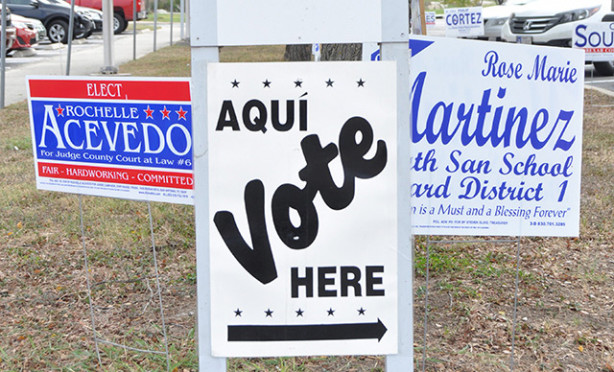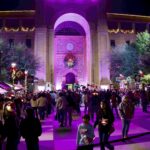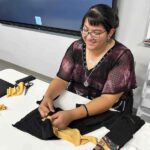
By Oscar Gonzalez
The 2014 midterm elections are Nov. 4. For Texas A&M University-San Antonio students, the closest voting station sits around the corner in the Ozuna Library and Learning Center at Palo Alto College.
Some A&M-San Antonio students and faculty say they are concerned, arguing that because of the university’s lack of voting booths, students on this campus may be less willing to participate in the democratic process.
In 2010, 24 percent of eligible young people between 18-29 in the United States voted in that year’s midterm elections. Low voting turnouts nationally and locally, concern students and faculty, who want voting statistics to improve.
“Voting is a habit that has to be formed and often times, students — unless their parents have socialized them into voting — don’t often come into the system predisposed for voting,” said Dr. Christina Suthammanont, assistant professor of political science. “If students can vote on the way to class, it creates the convenience of voting in the electoral process.”
Political science junior C.J. Trillo and the Political Science Club unsuccessfully tried to become volunteer deputy registrars in time for the midterm elections. As deputized registrars, their duties would include accepting voter registration applications on campus for the 2014 midterm elections.
“We got too late in the ball game to get the ball rolling,” said Trillo, member of the Political Science Club.
Bexar County Clerk Gerard C. Rickhoff decides where voting booths are located. For the university to become a polling station, it must petition the Bexar County Clerk office for consideration.
Although A&M-San Antonio administrators were unaware an institution could petition the clerk’s office to be a polling location, the university would have “responded in a positive manner” if selected, said Marilu Reyna, University spokesperson.
With no voter registration or voting booths on campus, there are options to help students engage civically. A service to help accomplish that is called Turbovote, according to Suthannamont. Universities across the county use Turbovote resulting in an increase in student voting.
Turbovote, provided by nonpartisan group Democracy Works, improves students civic engagement through the use of technology. Students attending an institution that uses Turbovote receive reminders about voter registration, what elections are coming up and where to cast their vote.
A service such as Turbovote comes at a cost. Even with various discounts provided to reduce the price to less than a dollar per student, Provost Brent Snow did not approve funding for the service.
Reyna said on Oct. 29 she was waiting for comment from the office of the provost.
“There’s a monetary cost but there is very much a civic cost to not participate,” Suthammanont said. “Frankly, as a public institution, since we serve traditionally underserved students, I would argue that it’s particularly important to bring these people into the electoral fold and empower them to exercise that political voice they have.”
Even though there won’t be any voting booths this year, Trillo doesn’t plan on giving up.
“I’ll be here for another two years and I’ll definitely see that happen,” he said.





